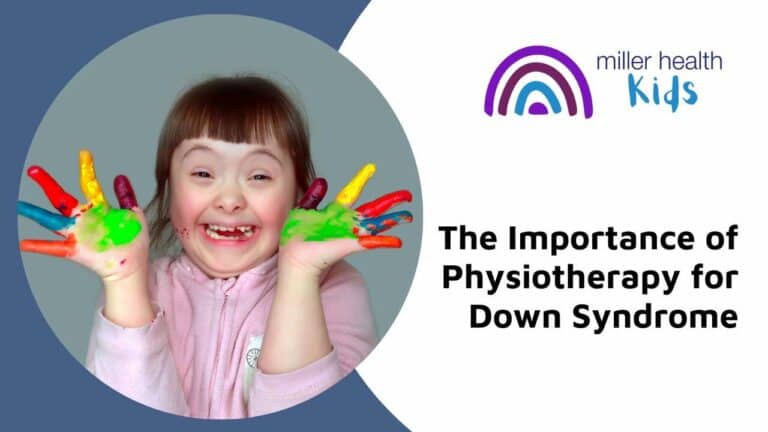
Every family faces their own set of unique challenges and for those caring for pre-teens and teens, these challenges can often become complicated and overwhelming. Difficult conversations might center on topics around sex, mental health, school issues, self-harm, peer relationships and pressures, alcohol and drugs, loss of a loved one, and parental separation…just to name a few!
These issues might be upsetting or embarrassing for parents and/or their teens, and for many families, it can be hard to figure out just how to approach these things. While there are no scripts for navigating difficult conversations, there are some considerations that can help to open up the door to effective and helpful communication.
Step 1
Make a plan to calm yourself to avoid showing a big emotional reaction. It’s easy for teenagers to get their “guard up” or become defensive during difficult or tough conversations and get off track. Remember that your child’s outburst is not your child, but simply a byproduct of the emotions that they are feeling.
Recognize your own feelings and if needed, take steps to calm yourself by taking some deep breaths, remind yourself what your teen is saying is not a reflection of you. Saying a short mantra to yourself such as “I will pause before I react” or “I am in charge of my emotions” can help reset your own emotions throughout the conversation.
Step 2
Whether the difficult conversation comes up spontaneously or if you’ve made a plan to talk to your teen, give them time to think about what you’d like to discuss and allow them some control over when they would like to talk about it. If they feel like they’ve been caught off guard they might have difficulty formulating thoughts, which can lead to tension and heightened emotions.
This may mean waiting 10 minutes or even a few days to have the conversation. Offer choices such as taking a walk or going for a drive after supper to have a talk or brainstorm some ideas and let them know you appreciate their input. Some families find writing letters can be a good starting point to open up the conversations, particularly for heavier topics as it can provide more time to organize one’s thoughts and to be able to share them without worrying about what the other’s immediate reaction might be.
Step 3
Be an active listener and before you give advice or offer your perspective, make sure that you have allowed your teen to fully express their thoughts and feelings. A few questions/comments to help create a non-judgemental and supportive space can include:
Step 4
Reflect on your conversation and think about what worked well and what you think might be helpful the next time you are navigating through a difficult conversation with your teen. Don’t be afraid to ask your teen’s input, it might surprise you!
Creating open and honest communication with teens can take some time and often requires multiple conversations before getting to the core of the issue(s). If the conversation didn’t go quite as you expected, be reassured that you have given your teen something to think about and commit yourself to continue to provide opportunities for them to express themselves.
Final Thoughts
If you and/or your teen are struggling to “find common ground” or are experiencing a breakdown in communication, try out these “Conversation Starters” as a fun and engaging way to reconnect.
If you are looking for some extra support around navigating difficult conversations with your teenager, or if you think your child could benefit from some added support around communication and expressing themselves, book in with our Social Worker Jessie or call us for a free phone consultation!








